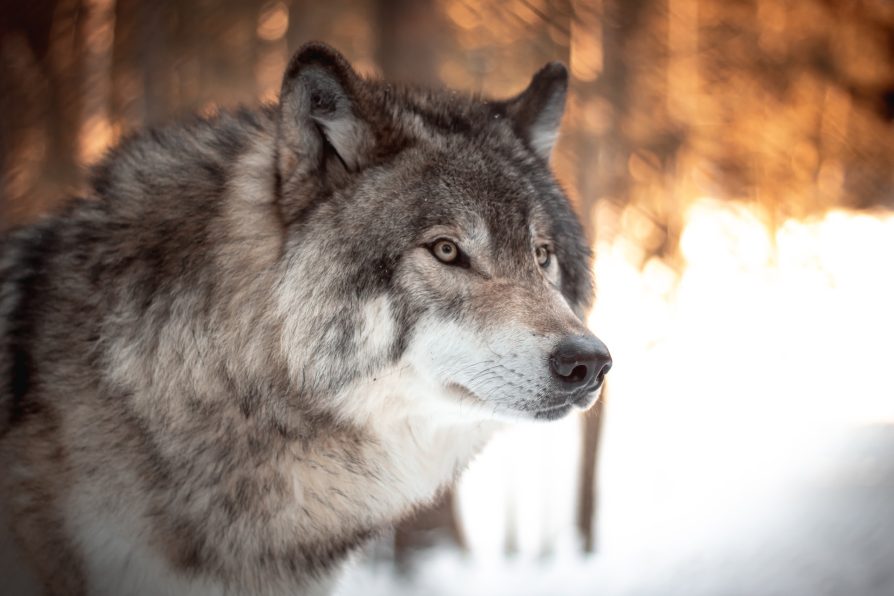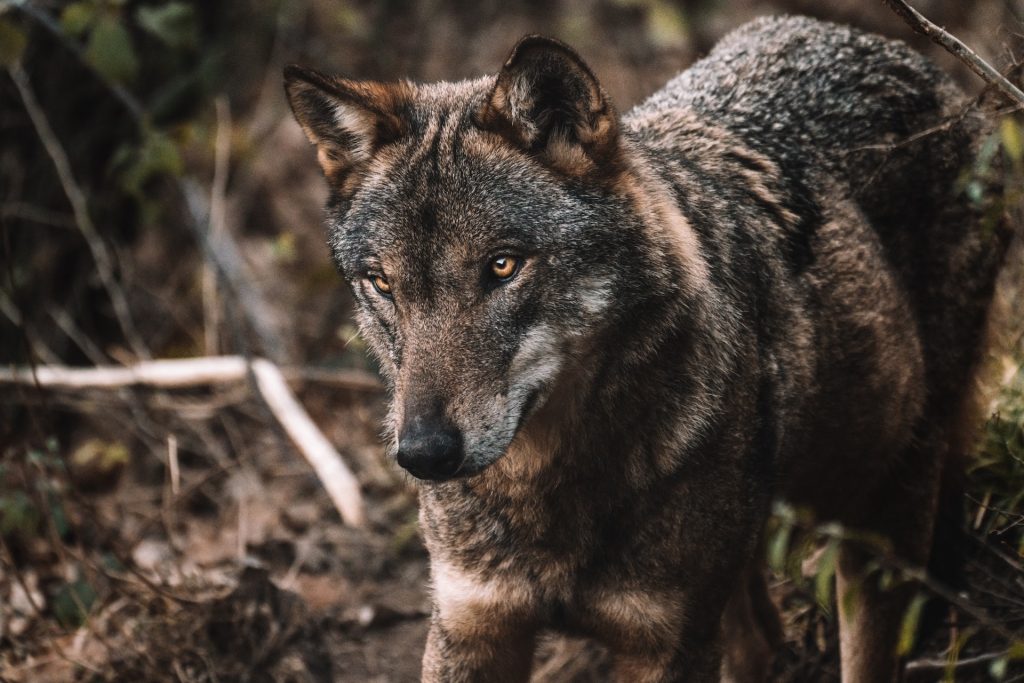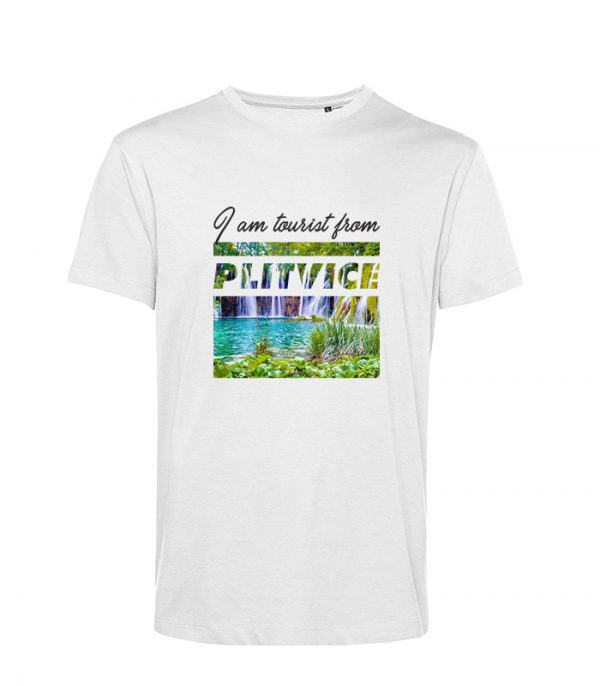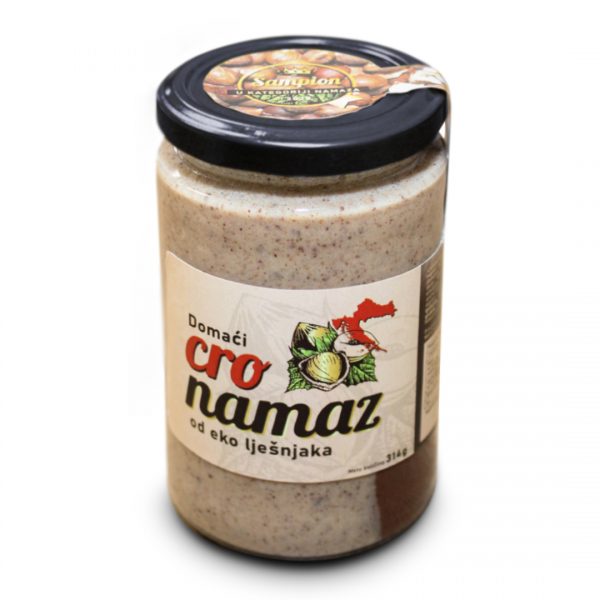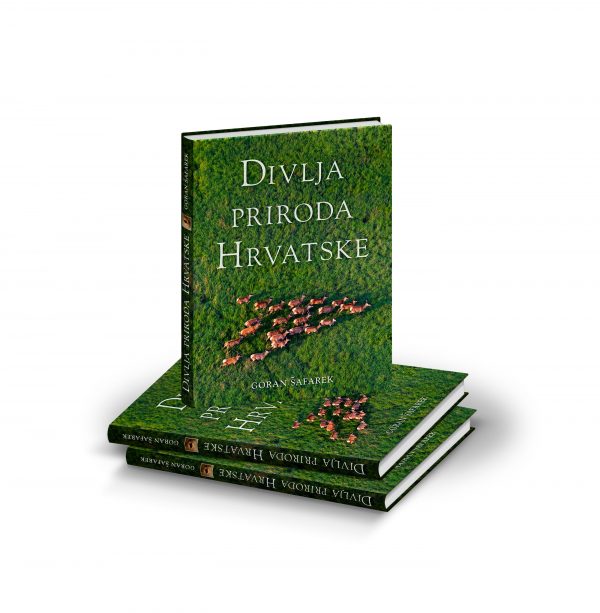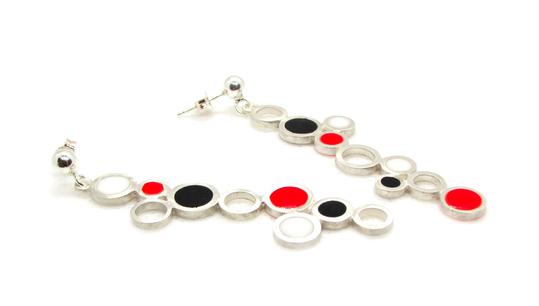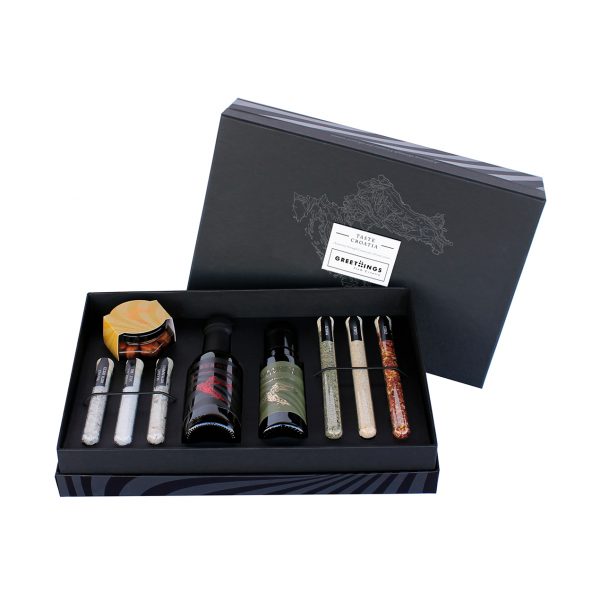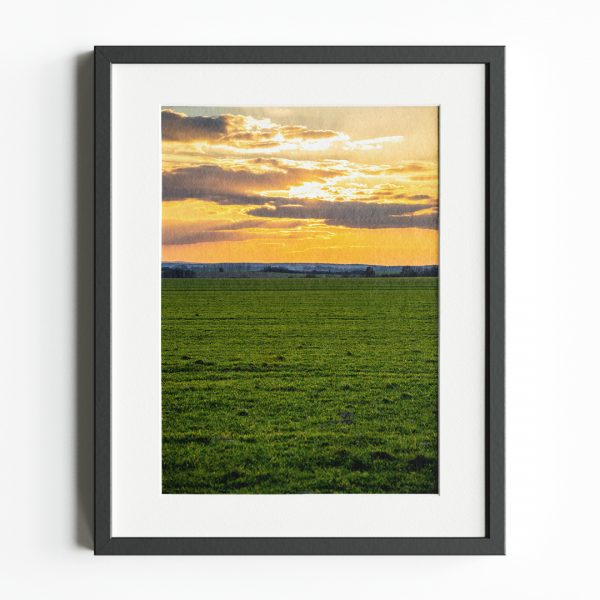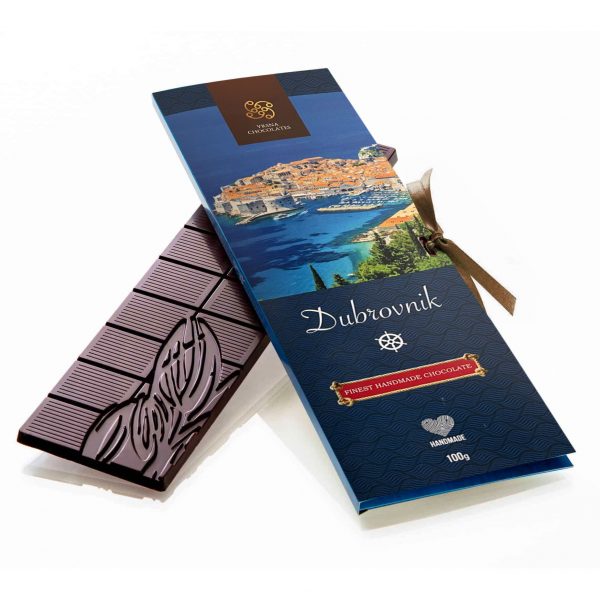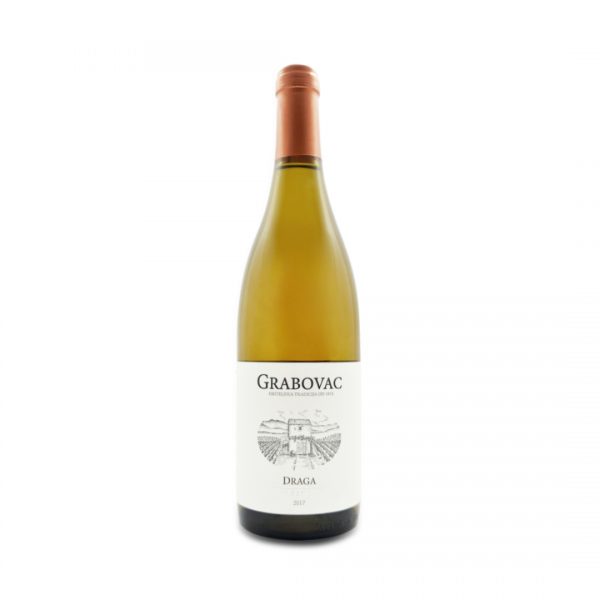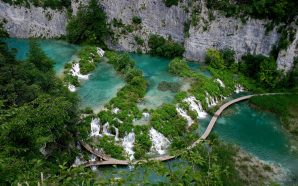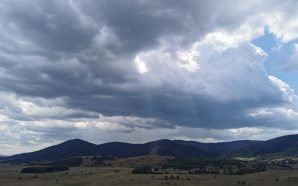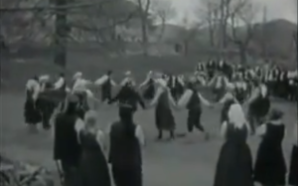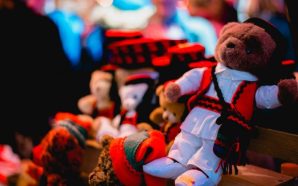Located in Central Croatia, the region of Lika boasts a rich natural phenomena.
According to one intriguing legend, the name “Lika” finds its roots in the Ikavik dialect’s word for “medicine” ŌĆö l├«k. Another tale weaves a different narrative, suggesting that Lika derives its name from the Latin word “liquor” and the Celtic word “leik,” both signifying liquid, in homage to its characteristic quantity of water.
Yet, a more evocative interpretation ties Lika to the Greek word ╬╗ŽŹ╬║╬┐Žé (lykos), meaning “wolf.” This connection is not incidental, as Lika is renowned for being home to a significant population of these majestic creatures. The rugged landscapes of Lika provide an ideal habitat for wolves, and the name might well be a nod to this wild and untamed symbol.
Wolves are strictly protected in the Republic of Croatia under the Nature Protection Act and the Regulation on Strictly Protected Species. The law prohibits intentional capture or killing, disturbance (especially during breeding and raising of young) and any harm to or destruction of wolf breeding or resting areas.
Despite occasional sightings, there are no recorded instances of wolves attacking humans in Croatia. However, attacks on livestock and domestic dogs are not uncommon, prompting herders to be vigilant in protecting their animals.
The gray wolf, Canis lupus, inhabits Croatia, with an average weight of 31 kg. Measuring approximately 170 cm from nose to tail tip and standing around 70 cm tall on average, the wolf is a territorial animal that lives in packs. Spotting one wolf means there are likely more nearby, urging caution and retreat to safety.
It is estimated that Croatia is home to between 130 and 170 wolves. This population, while fascinating, raises questions about the importance of preserving this endangered species. Croatia stands as one of the few countries where three large predators coexist: the bear, the wolf, and the lynx. This coexistence highlights the country’s commitment to preserving its natural wealth, with the wolf playing a crucial role in maintaining prey population balance.
The significance of wolves in Croatian culture is further emphasized by popular sayings:
- “Mi o vuku, a vuk na vrata” (We mentioned wolf, and it appeared at the door).
- “Gladan kao vuk” (Hungry as a wolf).
- “Vuk sit, ovce na broju” (A fed wolf means a safe flock).
- “─īovjek je ─Źovjeku vuk” (Man is a wolf to man).
- “Vuk dlaku mijenja ali ─ćud nikad” (The wolf changes its fur, but not its nature).
In the dance of legend and reality, Lika stands as a testament to the delicate balance between humans and the wild, where the mystical charm of wolves weaves itself into the fabric of this gorgeous Croatian way of living.
PHOTO: Unsplash

